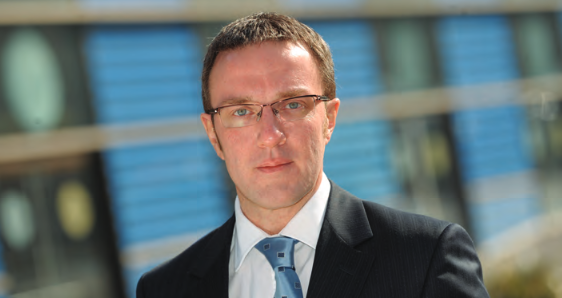
‘Unless commitment is made, there are only promises and hopes; but no plans’. Peter Drucker (American writer, management consultant, and self-described social ecologist)
We all have aspirations in life and to achieve them we make commitments, such as getting fit, starting a family, buying a home or planning for a better retirement. All these commitments can be thought of in terms of relationships, formed in order to achieve a goal. Some are emotional commitments, such as getting married, and some are financial commitments, such as investing in a pension for a better retirement.
Our emotional and financial commitments change throughout our life. And understanding how they are likely to change at each life stage makes it easier to plan ahead and feel confident about the future. That’s why we have developed a body of research contained in this report – Your Commitments, Your Future – to help people see how their commitments alter over time.
We have identified three core commitment life stages: The Commitment Sleepwalkers, The Fully Committed and The Commitment Slow Downs. We believe it is vital that people know the different commitment stages they may go through, so they can better understand the role their personal finances play in their life and their future plans resourse consulting planning financial.
The research highlights a clear commitment peak in the 35-44 age range, when we make the majority of significant decisions, and are likely to own our own home and be raising a family. It also reveals the contrasting relationships we have with our financial and emotional commitments. We investigated the most common regular financial commitments and found that the average person in the UK has £914 worth of regular financial commitments every single month, ranging from mortgage payments and utility bills to magazine subscriptions. What is particularly interesting is that we spend over seven times more money on financial commitments than on family and friends, yet we spend almost four times the amount of time thinking about our emotional commitments to people than our finances.
So although our financial commitments are significant, we devote less attention to them than we do to our emotional relationships. We often make a trade off between our emotional and financial commitments, but do we get the balance quite right?
Our financial commitments often underpin our emotional commitments. They help us to remain secure and achieve our goals. Our mortgage, for example, is there to provide a home. Our savings and investments can provide financial security in retirement and help us to support and protect our family and loved ones.
That’s why we believe it is vital that people engage with their personal finances and their emotional relationships, not as two separate commitments, but as one single entity that supports their future aspirations. If you give your financial commitments the same attention as your emotional commitments, both your finances and your overall wellbeing are likely to improve.
We hope you find this report useful when it comes to planning your finances and supporting your emotional commitments. Our own commitment is to understand your needs as you move through the different commitments life stages and to provide you with the right support when it comes to saving and investing for the future.


